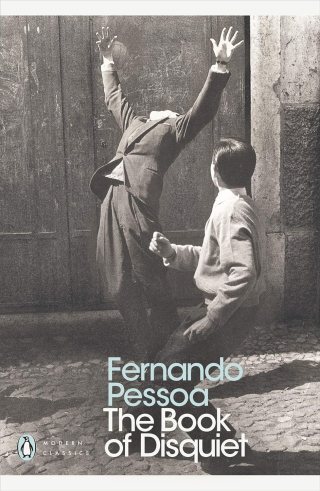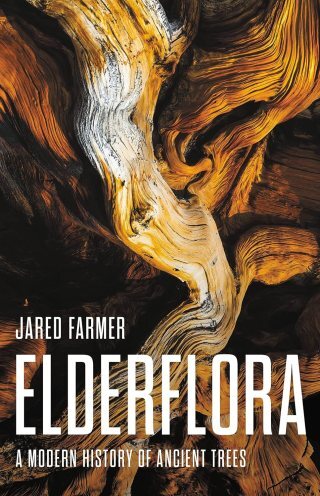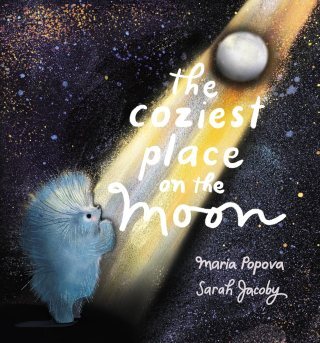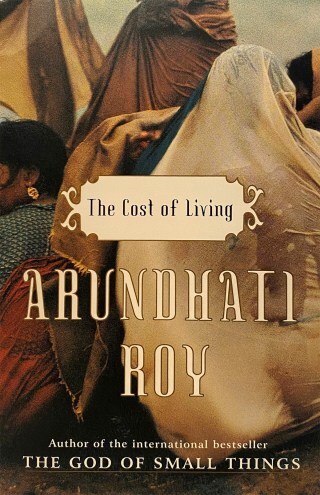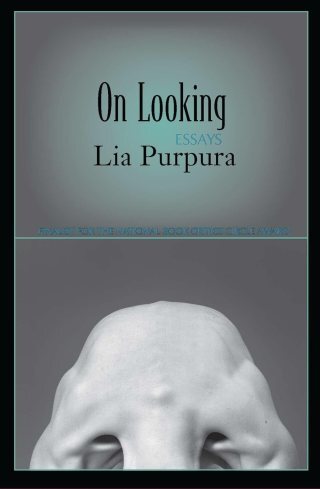Maria Popova's Blog
September 25, 2025
Fernando Pessoa on Unselfing into Who You Really Are
“To be nobody-but-yourself — in a world which is doing its best, night and day, to make you everybody else — means to fight the hardest battle which any human being can fight,” E. E. Cummings wrote in his timeless summons for the courage to be yourself. But what does it really mean to be oneself when the self is an ever-moving target of ever-changing sentiments and cells, a figment of fixity to dam the fluidity that carries us along the river of life, to soften the hard fact that we never fully ...
September 23, 2025
How Humanity Saved the Ginkgo
Pressed between the pages of Alice’s Adventures in Wonderland — a favorite book of my childhood, which my grandmother used to read to me and which still dwells in her immense library — is a single yellow leaf, its curved fan almost glowing against a faded illustration of the White Rabbit gazing anxiously at his pocket watch.
I still remember the afternoon I picked it up from under the four majestic ginkgo trees standing sentinel at the northern entrance of Varna’s Sea Garden — the iconic park p...
September 20, 2025
Ode to a Good Pen: Or, How to Write the Book of Love
I spent the summer using the fantastic binomial technique developed by Gianni Rodari — the beloved Italian writer whose stories lit up my Bulgarian childhood — as a creative prompt for poetry, part of the larger binomial two people co-create when their worlds touch each other in a meaningful way. Each week I’d be given two unrelated words and tasked with twining them into a poem.
Summers end. Worlds tilt away from each other, drift apart, resume their orbit, transformed. This is how the final b...
September 16, 2025
The Heart of the Andes and the Invention of Virtual Reality: Frederic Edwin Church’s Immersive 19th-century Paintings of Natural Wonders
In the spring of 1859, as On the Origin of Species was going to press, New Yorkers flooded the first studio building for artists to see The Heart of the Andes — a single painting exhibited by itself in an unknown young artist’s studio.
Alexander von Humboldt’s account of his time Latin America, which had sent Darwin on his epochal voyage, had sent Frederic Edwin Church (May 4, 1826–April 7, 1900) in Humboldt’s footsteps and returned him enraptured, transformed, restless to render the experience...
September 12, 2025
The Coziest Place on the Moon: An Illustrated Fable about How to Live with Loneliness and What It Means to Love, Inspired by a Real NASA Discovery
On July 26, 2022, as I was living through a period of acute loneliness despite being a naturally solitary person, NASA reported that computer modeling of data from its Lunar Reconnaissance Orbiter (LRO) had revealed several cylindrical pits on the Moon with just the right shape to be shaded just the right amount to offer shelter from the extremes of the lunar surface. Because the Moon has no atmosphere to act as its thermostat, its temperature fluctuates dramatically as it faces and turns away f...
September 11, 2025
Arundhati Roy on the Deepest Measure of Success
Evolution invented REM sleep, that ministry of dreams, to give us a safe way of practicing the possible into the real. The dreams of the night clarify our lives. The dreams of the day complicate them, charge them with the battery of fear and desire, quiver them with the urgency of our mortality and t...
September 9, 2025
Virginia Woolf on Love
“I think we moderns lack love,” Virginia Woolf (January 25, 1882–March 28, 1941) diagnosed us in the first year of our deadliest war.
The paradox is that when we lack something long enough, we forget what it looks like, what it means, how to recognize it when it comes along. And so we love without knowing how to love, wounding ourselves and each other.
Over and over, in her novels and her essays, in her letters and her journals, Woolf tried to locate love, to anneal it, to define it in order to...
September 5, 2025
By Contacts We Are Saved: The Forgotten Visionary Jane Ellen Harrison on Change, the Meaning of Faith, and the Courage of Heresy
Alpha and Omega, originally published in 1915, is the third title in Marginalian Editions. Below is my foreword to the new edition, as it appears in on its pages.
 “Have faith,” someone I loved said to me, holding my face in her hands — the face of a lifelong atheist. And suddenly, there in the lacuna between love and reason, in the warmth between her palms, I found myself reckoning with the meaning of faith — this ancient need for something to keep us from breaking the possible on the curb of th...
“Have faith,” someone I loved said to me, holding my face in her hands — the face of a lifelong atheist. And suddenly, there in the lacuna between love and reason, in the warmth between her palms, I found myself reckoning with the meaning of faith — this ancient need for something to keep us from breaking the possible on the curb of th...
September 4, 2025
On Looking: Poet Lia Purpura on the Art of Noticing
“The tree which moves some to tears of joy is in the eyes of others only a green thing which stands in the way,” William Blake wrote in his most spirited letter. “As a man is, so he sees.”
Because how we look at the world shapes the world we see, every act of noticing is an act of worlding. The Latin root of notice is to begin knowing, to have an instrument of recognition, and yet human consciousness is a prediction machine that recognizes only what it already knows, sees what it expects to see...
August 31, 2025
Embodiment and the (Re)invention of Emoji, from the Aztecs to Humboldt and Darwin to AI
By the time he published Vues des Cordillères, et monumens des peuples indigènes de l’Amérique, Alexander von Humboldt (September 14, 1769–May 6, 1859), barely in his forties, was the world’s most eminent and polymathic naturalist (the word scientist was yet to be coined). Napoleon hated him for his impassioned anticolonial and abolitionist views. Goethe cherished him as his greatest thinking partner, whose briefest company and conversation felt like “having lived several years.” Thoreau thought...

